Indigenous Governance Database
Governance

Honoring Nations: Duane Champagne: Government-to-Government Relations
UCLA American Indian Studies Professor Duane Champagne briefly discusses the history and importance of intergovernmental relationships for Native nations, spotlighting th Flandreau Police Department as a striking contemporary example.
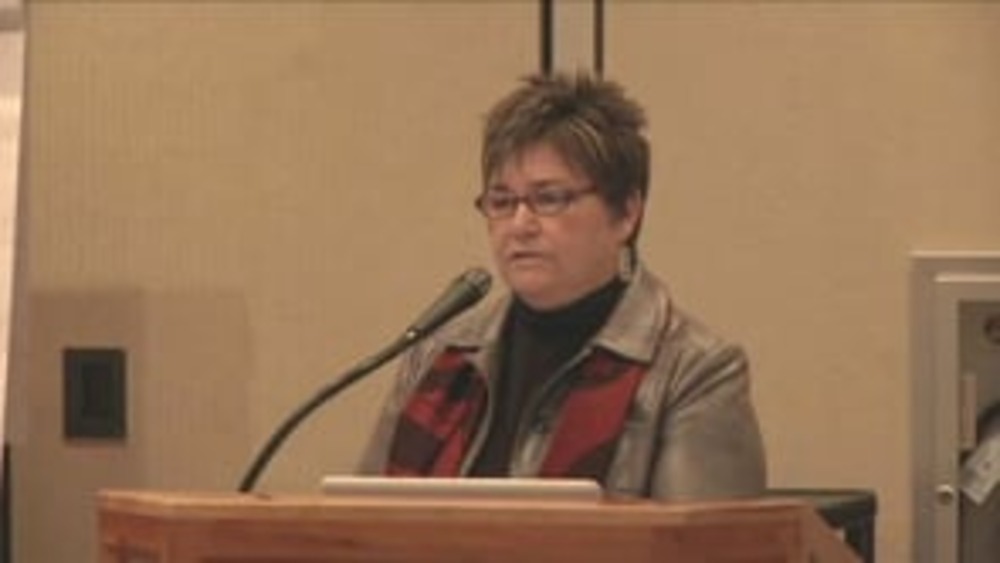
Hepsi Barnett: How Did We Go About Remaking Our Constitution?
Former staff member Hepsi Barnett of the Osage Government Reform Commission discusses the process by which the Osage Nation approached the task of developing a new constitution and system of government, and also provides the complex history that necessitated their creation. This video…
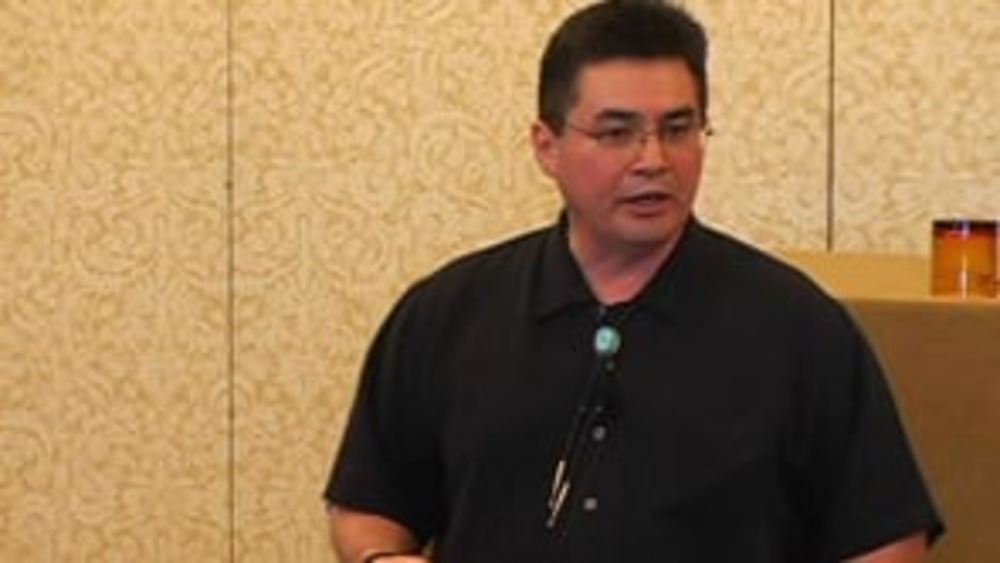
From the Rebuilding Native Nations Course Series: "Intergovernmental Agreements Are Nation-Building Tools"
Former Nez Perce Tribal Treasurer Jaime Pinkham discusses how intergovernmental agreements are becoming widely recognized as a vital nation-building tool for Native nations, amplifying their sovereignty and expanding their jurisdiction.
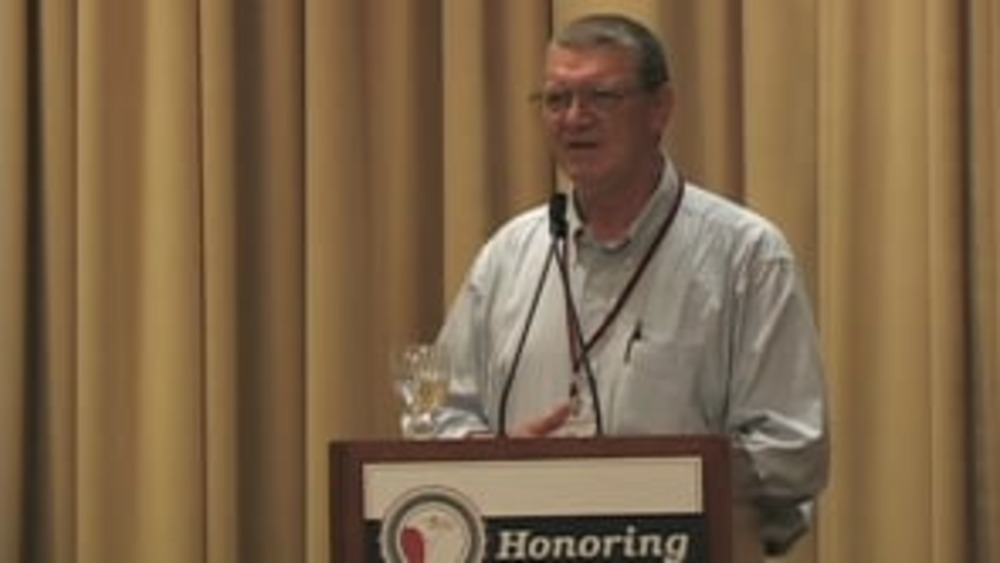
Honoring Nations: Pat Sweetsir: Yukon River Inter-Tribal Watershed Council
Middle Yukon Representative Pat Sweetsir of the Yukon River Inter-Tribal Watershed Council (YRITWC) discusses how and why the Indigenous nations living in the Yukon River Watershed decided to establish the YRITWC, and the positive impacts it is having on the health of the watershed and those who…
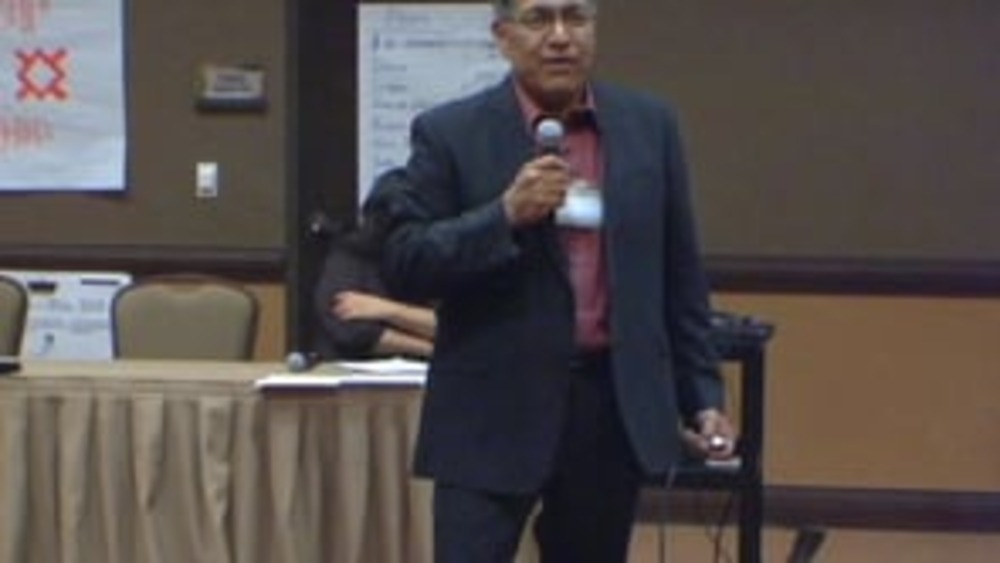
Jerry Smith: Building and Sustaining Nation-Owned Enterprises (2009)
Laguna Development Corporation President and CEO Jerry Smith shares the lessons he has learned about building and sustaining Native nation-owned enterprises, in particular the critical step of creating a formal separation between tribal politics and the day-to-day management of those enterprises.
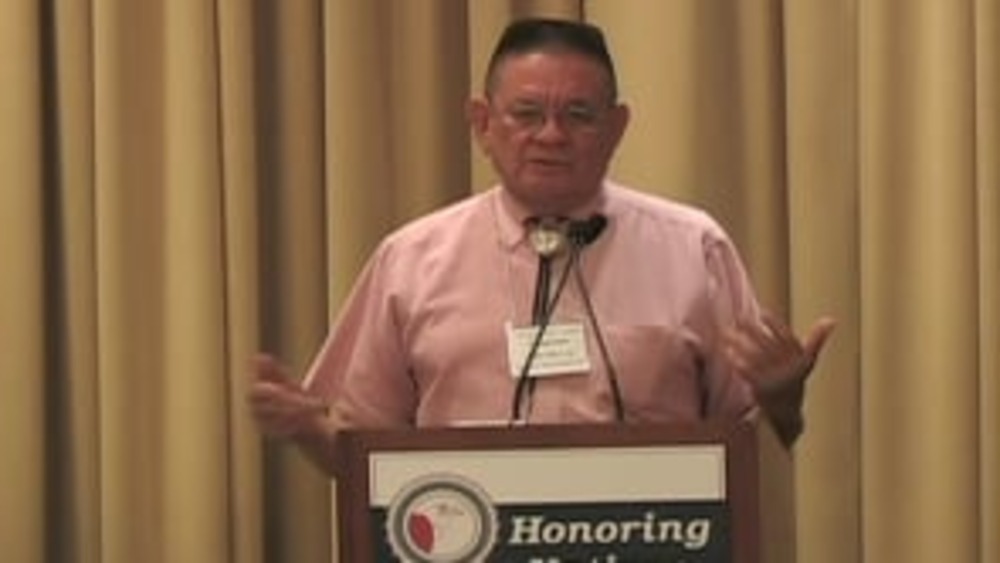
Honoring Nations: John McCoy: Sovereignty Today
Now-former Quil Ceda Village Director John McCoy talks about how and why the Tulalip Tribes established Quil Ceda Village, and also reflects on his tenure serving in the State of Washington Legislature.
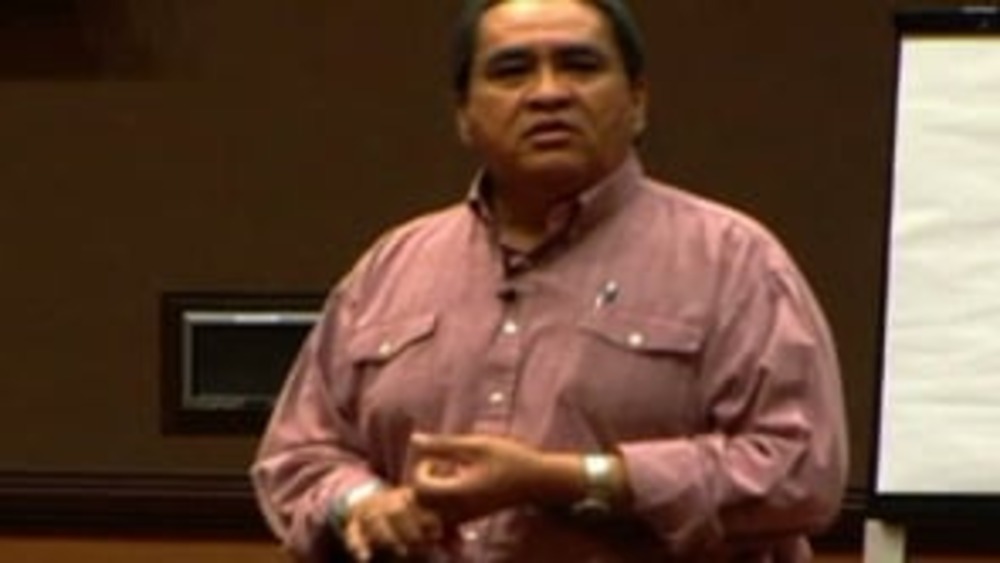
From the Rebuilding Native Nations Course Series: "The Importance of Cultural Match"
Dr. Manley Begay provides an overview of cultural match, which the Native Nations Institute and the Harvard Project have identified as one of the five keys to successful Native nation building.

From the Rebuilding Native Nations Course Series: "Rules are More Important than Resources to Enterprise Success"
Professor Joseph Kalt discusses the importance of sound laws, codes, policies and other rules to the building of diversified, sustainable economies in Indian Country and everywhere else around the world.
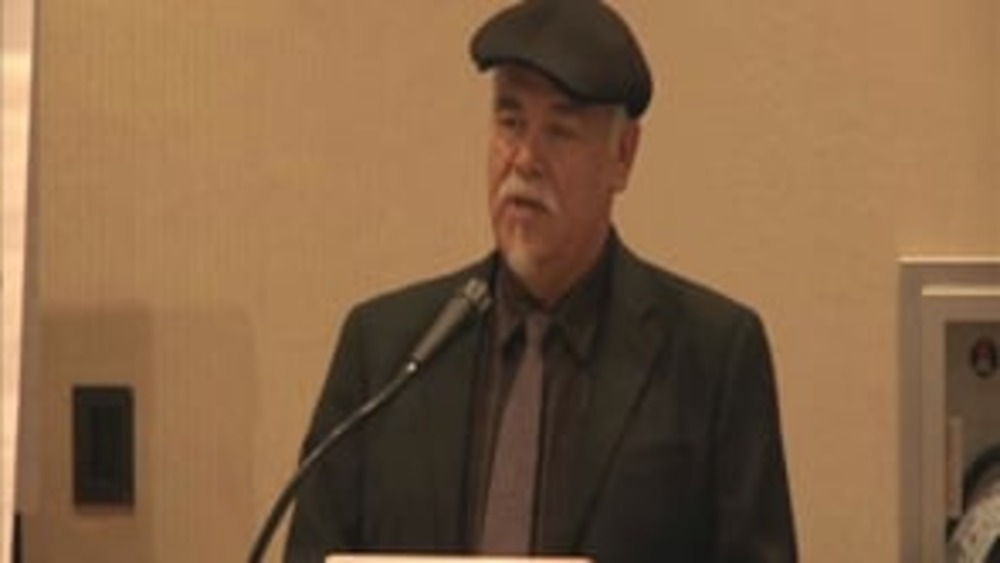
Virgil Edwards: How Are We Going About Remaking Our Constitution?
Blackfeet Constitution Reform Committee Member Virgil Edwards discusses the process the Blackfeet Nation devised to reform its constitution, and describes how politics ultimately derailed the process before it could produce a new constitution for the Blackfeet people. This video resource is…
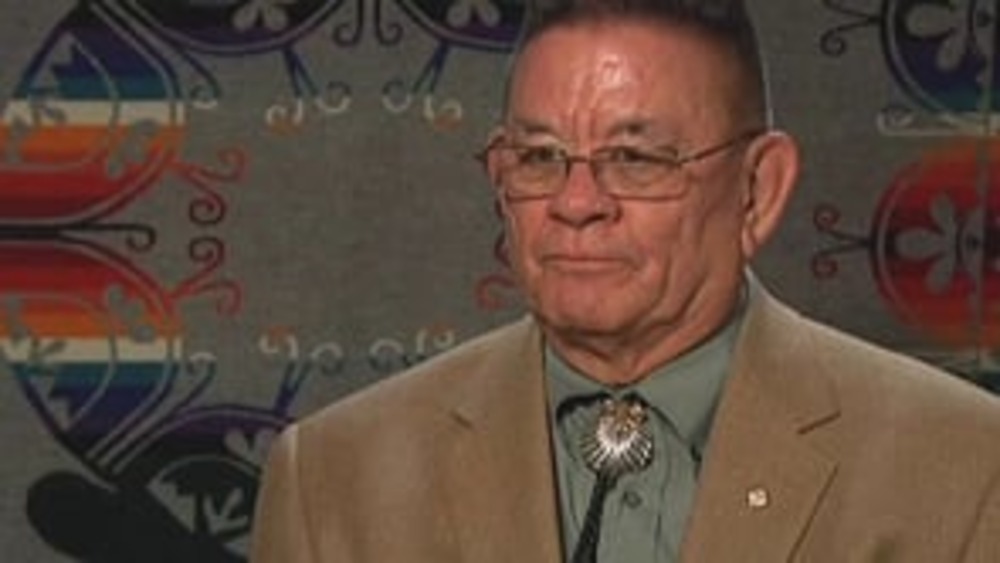
From the Rebuilding Native Nations Course Series: "What Strong, Independent and Legitimate Justice Systems Require"
Native leaders and scholars discuss what Native nations need to do to create strong, independent and culturally legimate justice systems.
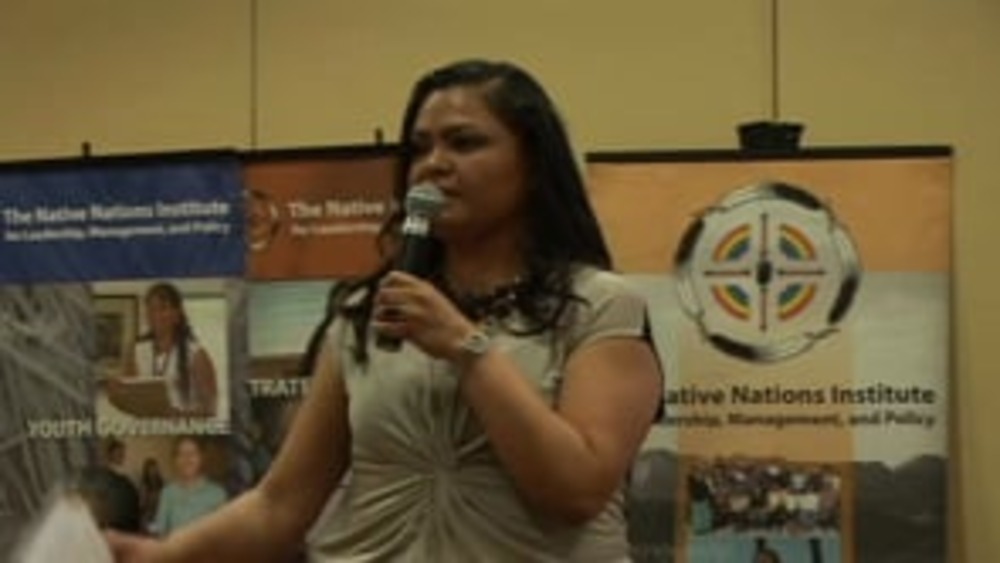
Rebecca Miles: What I Wish I Knew Before I Took Office
Nez Perce Tribe Executive Director Rebecca Miles discusses the challenges she faced as the first-ever chairwoman of the Nez Perce Tribal Executive Committee, and the strategies she used in order to govern effectively and make informed decisions.
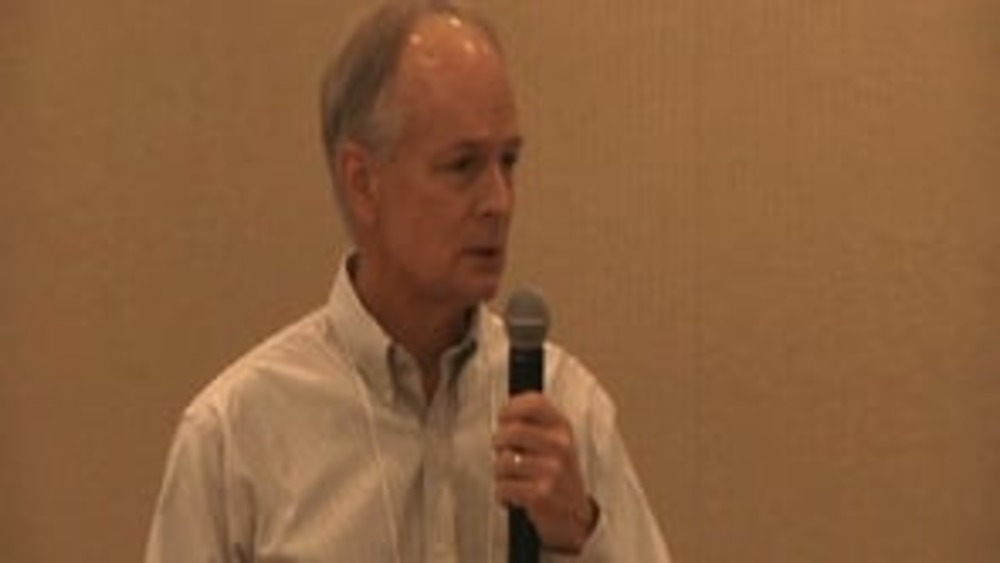
Stephen Cornell: Getting Practical: Constitutional Issues Facing Native Nations
Udall Center for Studies in Public Policy Director Stephen Cornell provides a brief overview of what a constitution fundamentally is, and some of the emerging trends in innovation that Native nations are exhibiting when it comes to constitutional development and reform. This video resource is…
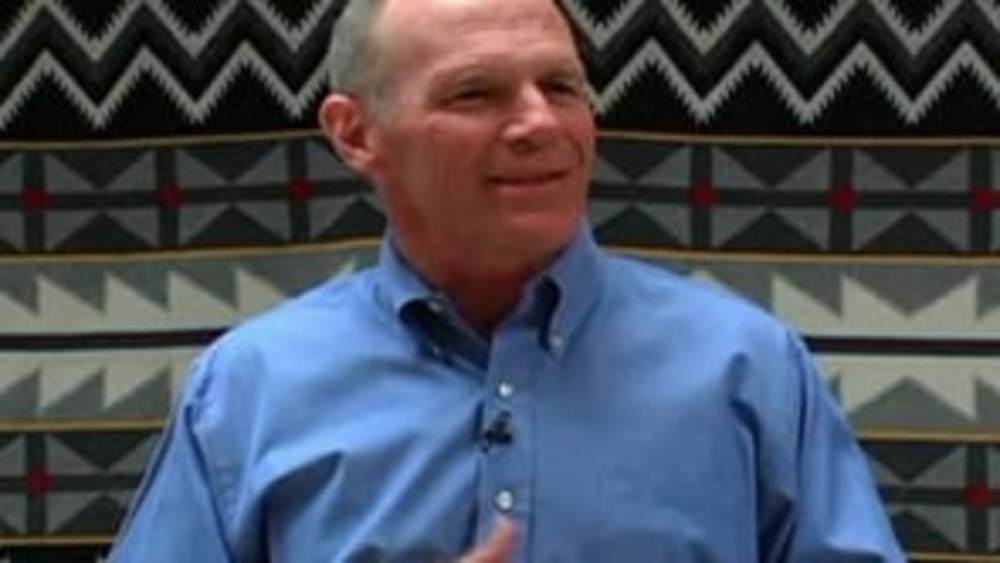
From the Rebuilding Native Nations Course Series: "The Citizen Potawatomi Nation's Path to Self-Determination"
Professor Joseph P. Kalt describes the dramatic rebirth of the Citizen Potawatomi Nation, citing its development of capable governance as the key to its economic development success.
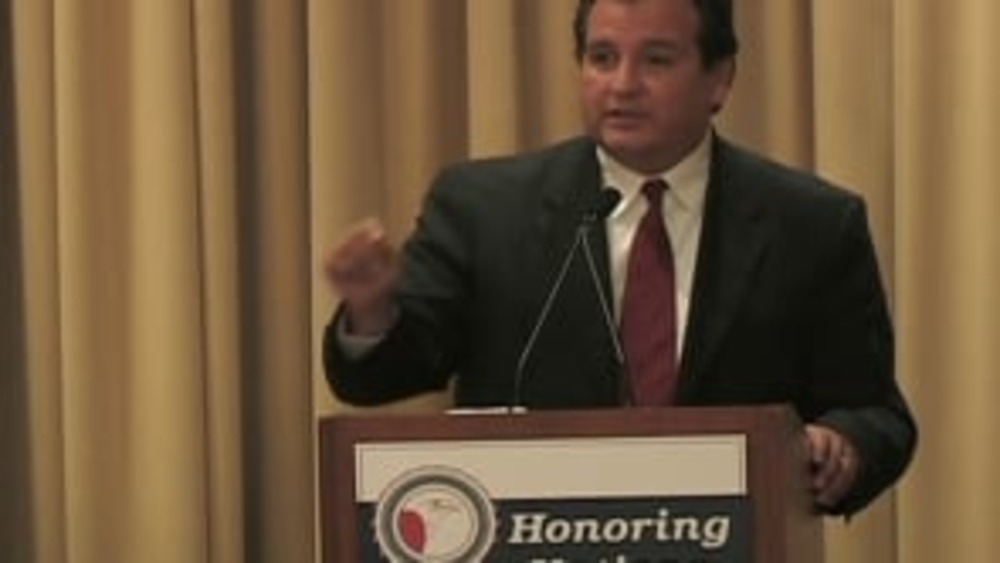
Honoring Nations: James R. Gray: Sovereignty Today
Former Osage Nation Principal Chief James R. Gray discusses what sovereignty means today through the lens of his first term in office under his nation's new system of government.
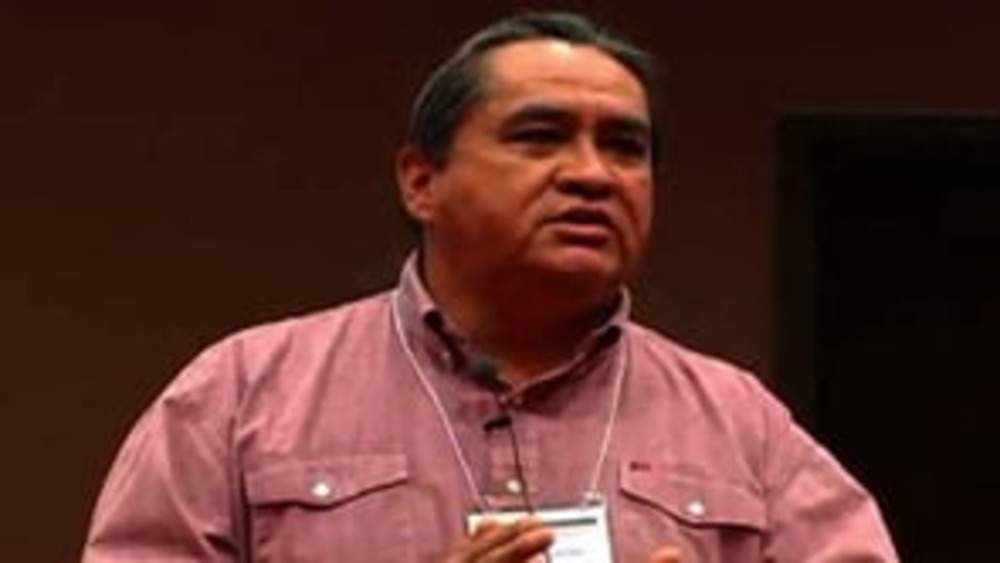
From the Rebuilding Native Nations Course Series: "The Importance of Capable Governing Institutions"
Dr. Manley Begay discusses the critical role capable governing institutions play in Native nations' ability to effectively exercise their sovereignty, in particular institutions designed to ensure the neutral resolution of disputes and the careful management of the relationship between tribal…
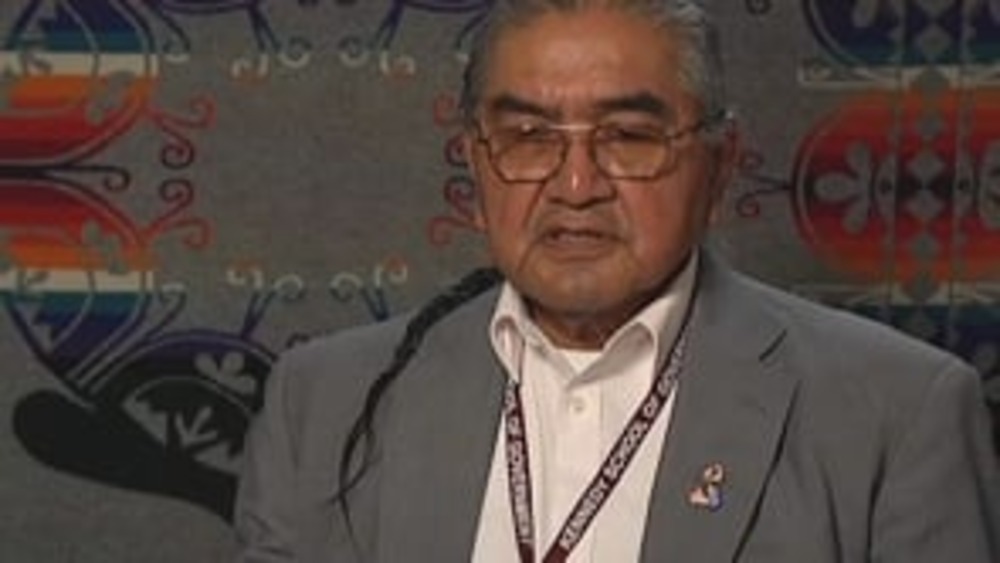
From the Rebuilding Native Nations Course Series: "The Importance of Strategic Planning"
Native leaders explain the importance of strategic thinking and planning to effective Native nation governance and emphasize the consideration of future generations in Native nations' decision-making processes.
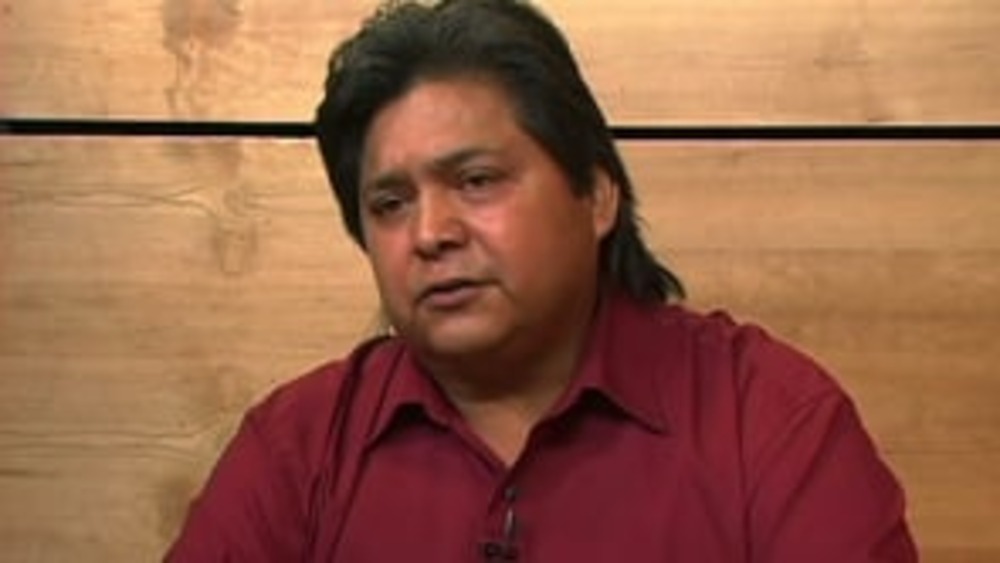
From the Rebuilding Native Nations Course Series: "What Successful Intergovernmental Relationships Require"
Native leaders explain the importance of Native nations building their capacity to effectively engage in the development and maintenance of intergovernmental relationships with other sovereign governments, stressing that doing so is a critical component of the full exercise of tribal sovereignty.…
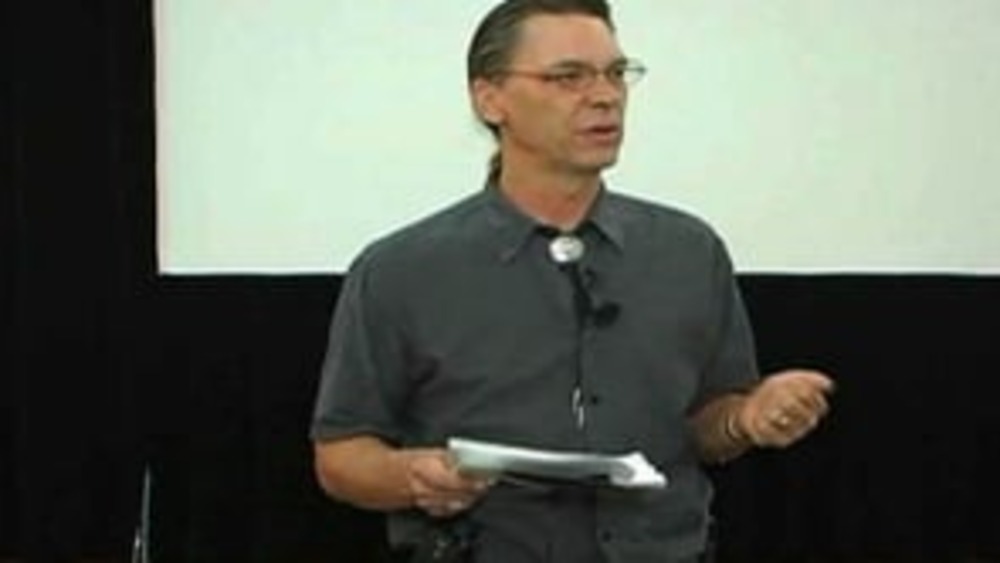
From the Rebuilding Native Nations Course Series: "Justice Systems: Key Assets for Nation Building"
Professor Robert A. Williams, Jr. discusses how an effective, independent justice system can play a pivotal role in a Native nation's efforts to exercise its sovereignty and strengthen its communities.
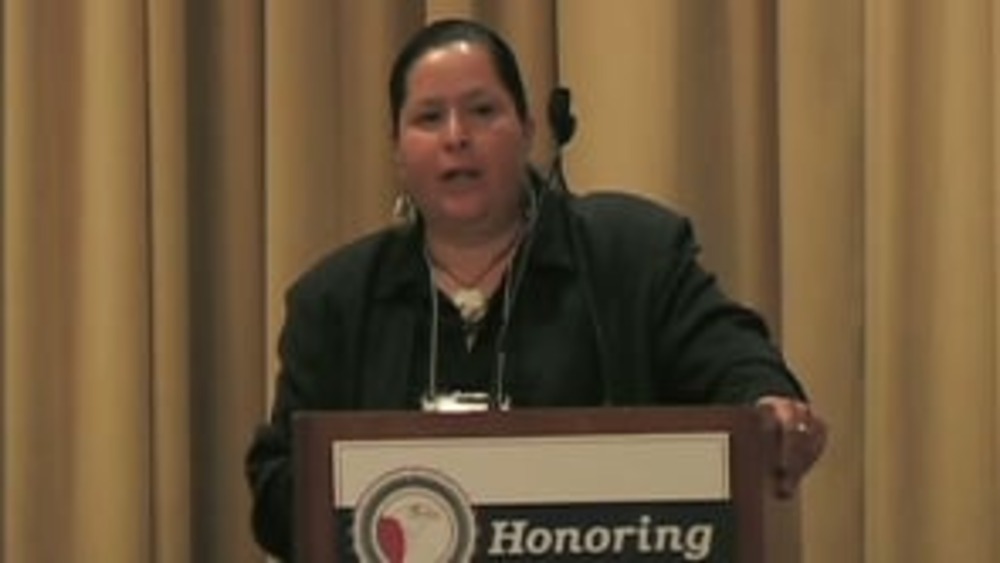
Honoring Nations: Shannon Martin: Ziibiwing Center of Anishinabe Culture and Lifeways
Ziibiwing Center of Anishinabe Culture & Lifeways Director Shannon Martin presents a history of the Ziibiwing Center and discusses the work it has been engaged in since it won an Honoring Nations award in 2006.
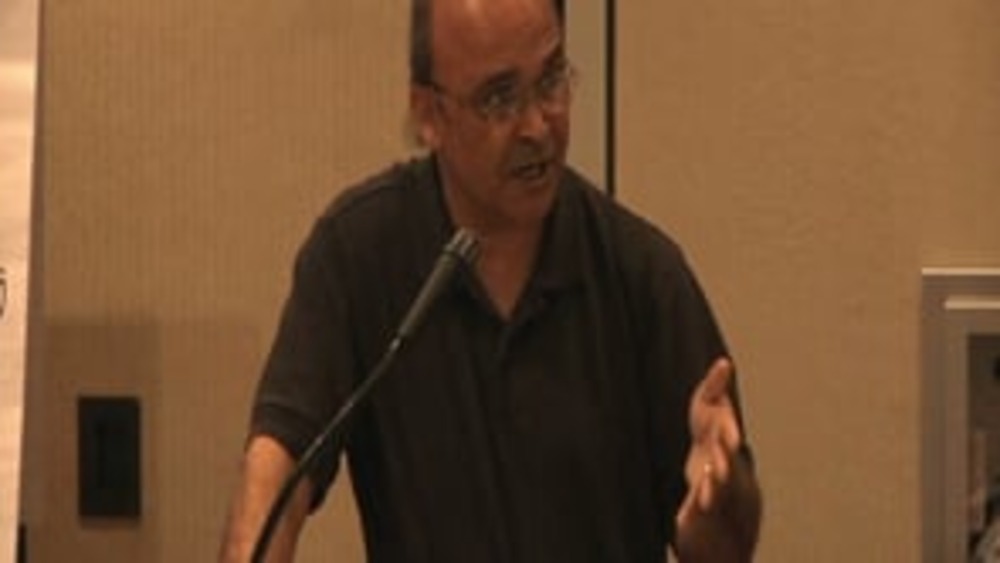
David Wilkins: Patterns in American Indian Constitutions
University of Minnesota American Indian Studies Professor David Wilkins provides a comprehensive overview of the resiliency of traditional governance systems among Native nations in the period leading up to the passage of the Indian Reorganization Act (IRA), and shares some data about the types of…
Pagination
- First page
- …
- 16
- 17
- 18
- …
- Last page
